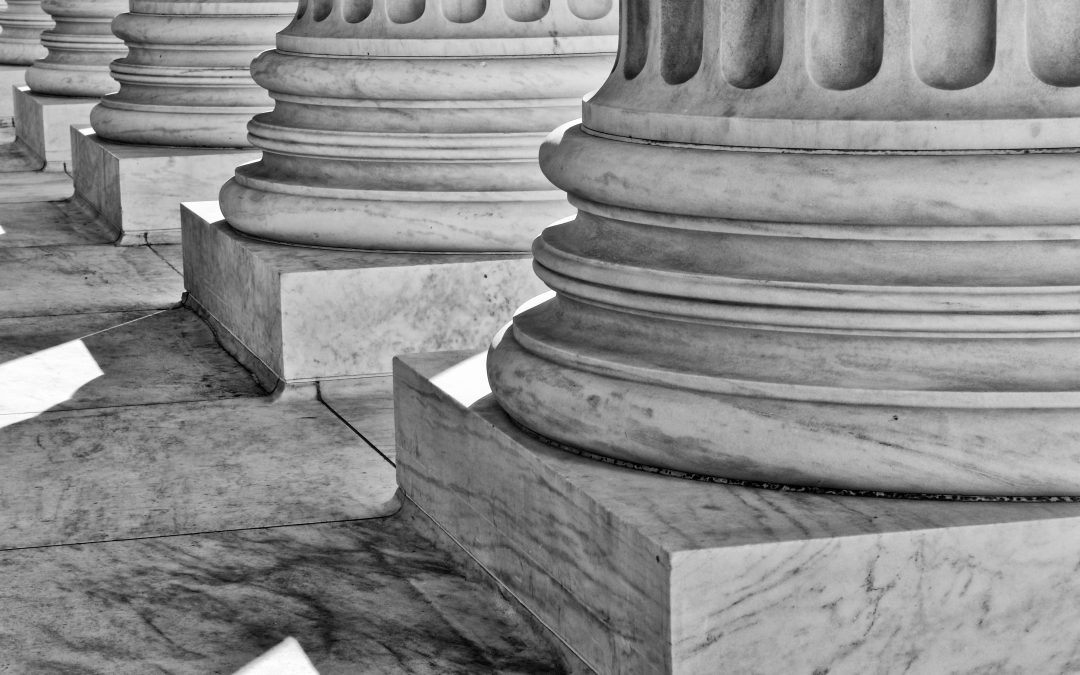On August 3, a U.S. District Judge ruled against various DOL regulations that implemented leave provisions of the Families First Coronavirus Response Act (FFCRA). The State of New York brought suit against the Department of Labor (DOL) regarding the mandate that an employee must first receive approval from an employer to take intermittent leave, the exclusion of benefits if an employer doesn’t have work available and the broad definition of who is a “health care provider”.
In its suit, the state argued that the pre-approval documentation process in the final rule is not consistent with the language of the Act. The rule states that documentation must provide the reason and duration of leave and when applicable, the authority for the isolation or quarantine order. Under the Emergency Family and Medical Leave Expansion Act (EFMLEA) prior notice is required when leave is foreseeable, however it does not require the reason or duration of leave. The Emergency Paid Sick Leave Act (EPSLA) states “After the first workday (or portion thereof) an employee receives paid sick time under this act, an employer may require the employee to follow reasonable notice procedures in order to continue receiving such paid sick time.” The court stated, “To the extent that the final rule’s documentation requirement imposes a different and more stringent condition to leave, it is inconsistent with the statute’s unambiguous notice provisions.”
New York also argued that the DOL overstepped its authority in broadly limiting intermittent leave. The court found that barring intermittent leave is acceptable and consistent with the law when it correlates to a higher risk of viral infection, such as when an employee or member of their household has COVID-19 symptoms. However, in other circumstances, the court found that requiring employer-permission to allow intermittent leave was unreasonable. “The final rule … acknowledges that the justification for the bar on intermittent leave for certain qualifying conditions is inapplicable to other qualifying conditions but provides no other rationale for the blanket requirement of employer consent.” Under the ruling employees would be allowed to take intermittent leave in cases where health and safety are not factors, i.e., childcare due to COVID-19 closures.
In a significant development for employers that may have to temporarily close facilities due to the pandemic, the court ruled that employees may receive FFCRA leave benefits even when the business may not have work available. The DOL regulations made FFCRA benefits contingent on work availability, meaning that when a location was completely closed, employees would not be eligible for FFCRA leave.
Finally, the court overruled the DOL’s broad definition of “healthcare provider.” Under the FFCRA, some leave benefits may be denied to “healthcare providers.” The DOL rule classified a health care provider by location, not a class or designation of an employee. This meant that an accountant at a medical practice could be considered a health care provider under the broad definition provided by the DOL and denied leave. Employers are encouraged to follow the regulations as the court has ruled on them until further notice.
About the Authors. This update was prepared by HR Pros, LLC, a national HR consulting firm that helps companies reduce operational and employment related risks. Contact Christopher Brown (cbrown@hrpros.biz), Philip Roach (philipcr@hrpros.biz) or Josh Blinkey (jblinkey@hrpros.biz) for more information.
The information provided in this update is not, is not intended to be, and shall not be construed to be, the provision of tax or legal advice, nor does it necessarily reflect the opinions of HR Pros, LLC or our clients. The content is intended as a general overview of the subject matter covered. HR Pros, LLC is not obligated to provide updates on the information presented herein. Those reading this alert are encouraged to seek direct counsel on tax or legal questions.
© 2020 HR Pros, LLC. All Rights Reserved.

